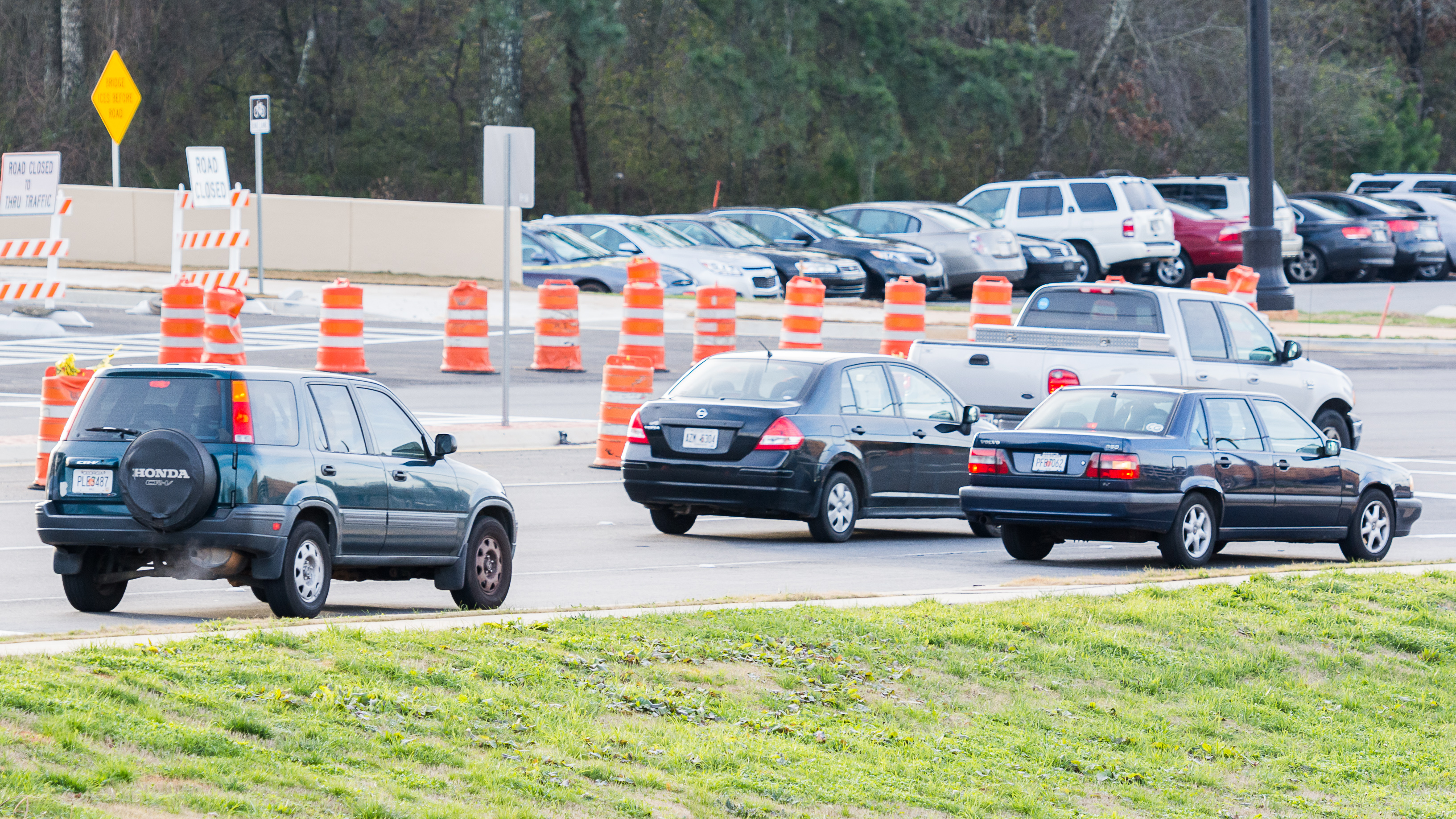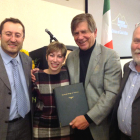This past December, Paris was home to 195 countries for a worldwide conference on climate control. The first worldwide, legally binding global climate deal was struck with The Paris Agreement.
The agreement’s intentions are to limit the level of carbon dioxide emissions, to keep global average temperatures below 2 degrees Celsius, and to aid underdeveloped countries in controlling their emissions.
The agreement includes a stipulation that countries come together every five years to adjust targets and raise the standards each time. An accountability plan was also created to ensure every country is fully participating.
“Climate change at the current rate has the potential to have disastrous environmental consequences,” said Robert Paul, a professor of Kennesaw State University’s biology department.
He points out that the problem with carbon dioxide emissions is caused by nations at both end of the spectrum, reinforcing the importance of helping developing countries to reach their goal.
“Developing countries are demanding the use of fossil fuels to promote their economic growth while developed nations are reluctant to change prevalent lifestyles,” he said. “Realistically, there will need to be economically attractive alternative energy sources and technologies available to incentive change.”
When asked about the possibility of a significant change in CO2 levels, Professor Paul mentioned it would take decades to reverse the trend of rising climate.
“It’s hard to strike a wildly optimistic tone in all this. However, we are sometimes a clever and fundamentally cooperative species.”
Luc Noiset, an associate professor of economics at KSU, believes a carbon tax might successfully limit the amount of carbon used.
“By placing a tax on the carbon, it would increase the price of high carbon power relative to low carbon power,” Noiset said.
While Mayor Derek Easterling could not be reached, Councilman James Eaton offered his opinion on the matter. After spending over two years in China, he saw firsthand the effects carbon emissions on the city air he was breathing.
“There were less than 10 days during my stay where I actually saw a blue sky,” he said. “The rest of the time, the area was covered with smog. Metro Atlanta is similar, but not nearly to the extent of what I experienced.”
Eaton does not know if the city of Kennesaw plans to enact any new policies to address its own carbon emissions, but he thinks it is more than just the government’s responsibility.
“My personal opinion is that this is a personal issue that must be addressed by every citizen owning up and doing their part to helping reduce these levels.”



Great article, to combat climate change effectively, local communities like Kennesaw need to step up and enact environmentally friendly policies such as green spaces, bike paths, and invest in solar and wind tech. The university could be a real asset to the city when brainstorming and implementing green ideas.